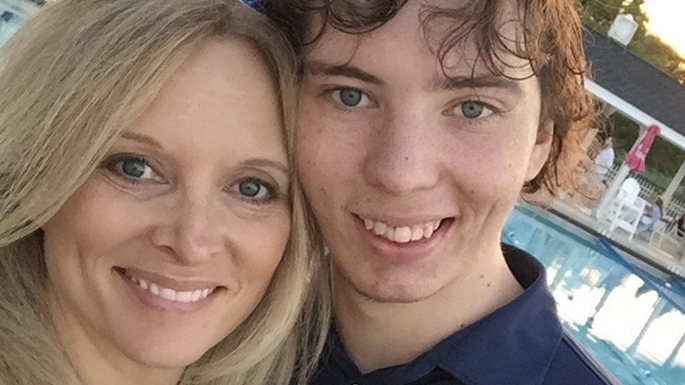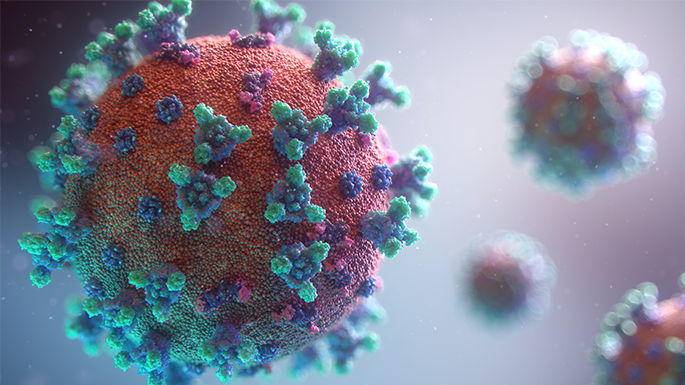|
It’s hard to imagine that the world has been living with COVID-19 for two years. For many people, it has caused an increase in feelings of isolation and stress. The growing prevalence of our nation's mental health issues is of increasing concern. As the situation continues to change, it’s more important than ever to stay informed, connected and resilient.
In this issue of E-Speaks, you can access our COVID-19 resources and read the personal stories of two community members who have coped with the pandemic in their own way. Ryan, age 20, has experienced loss and grief, but came out stronger and more hopeful than ever. Leslie, age 4, and her family navigated a new diagnosis and early intervention during the pandemic—but now she is thriving!
You will also learn about the current mental health crisis among youth in the U.S., the impact of school closures on autistic children and how the Autism Care Network is helping people with autism navigate mental health challenges.
Many people don't see autism's most difficult challenges

Meet my son, Owen: "Day 614 since March 2020 picking my sweet Owen up from his residence and bringing him home where I knew he’d be safe from COVID. It’s been amazing & the hardest thing by far that myself & our family has ever done. There’s been many incredible moments & I feel so lucky to have been able to have had all those good times with him. But the reality is he needs so much support 24/7 and his issues magnified over this year. Many autism families know exactly what I’m talking about.” - Owen’s mom, Susan.
New study shows negative effect of COVID-19 school closures on autistic children

Many families across the country are coping with uncertainty and changes in routine caused by emergency school closures. While school shutdowns may be necessary to slow the spread of the virus, a new study shows that they have serious consequences for autistic children. In fact, parents of children with autism were more than three times as likely to report negative changes in their child compared to parents of non-autistic children. Read more about the study results.
U.S. Surgeon General issues advisory on youth mental health crisis

This December, U.S. Surgeon General Dr. Vivek Murthy issued an advisory to highlight the growing mental health crisis among youth in the U.S. Even before the pandemic, mental health challenges were the leading cause of disability and poor health outcomes among children—and the stress of COVID-19 has increased the negative impact. In the face of this crisis, the Autism Speaks Autism Care Network is committed to improving mental health outcomes for autistic youth across the country. Click here to learn more.
The Autism Care Network works to improve mental health among autistic youth

Research shows that people with autism are more likely to have other mental health conditions that affect their overall health and wellbeing. In this Q&A, Dr. Eric M. Butter shares how the Autism Care Network is working to improve diagnosis and treatment for three common conditions among autistic youth: ADHD, anxiety and irritability. Read more about the Network.
Stay up to date with our COVID-19 resources

As the Omnicron variant continues to spread across the country, it’s more important than ever to get vaccinated. Our new Vaccine Experience Tool Kit, published in English and Spanish, offers advice and resources to make the vaccine experience less challenging for people with autism and other developmental disorders. Click here to view our additional COVID-19 information and resources.
Local events and information
  



|